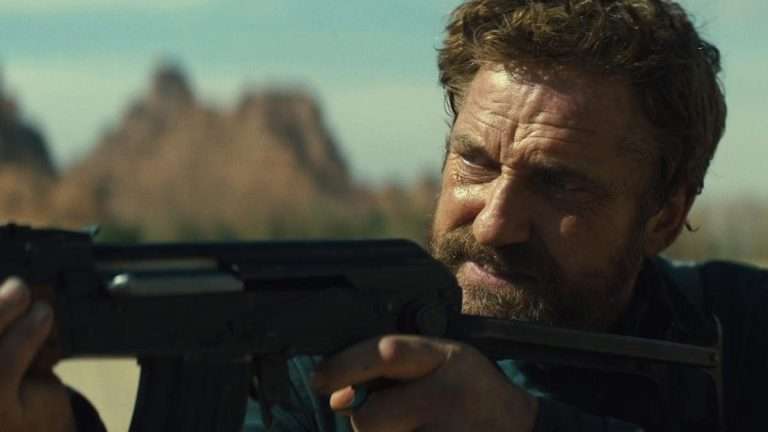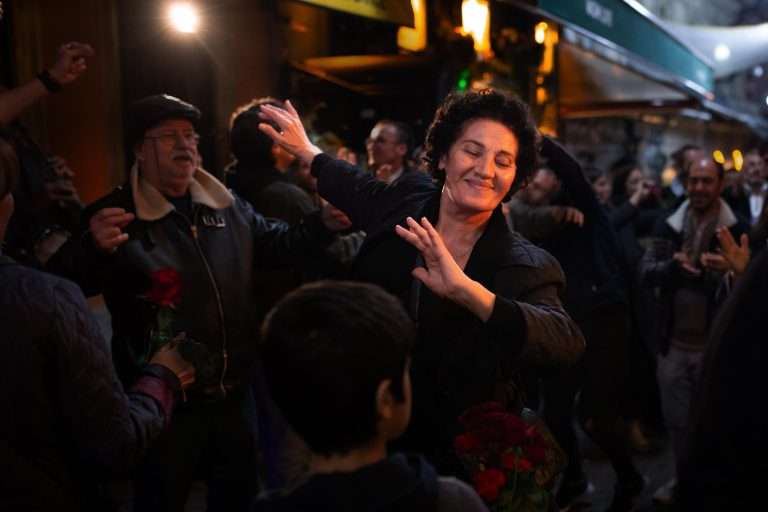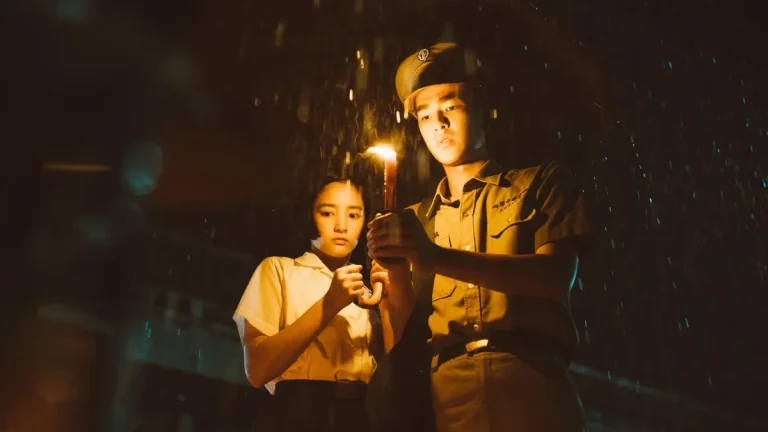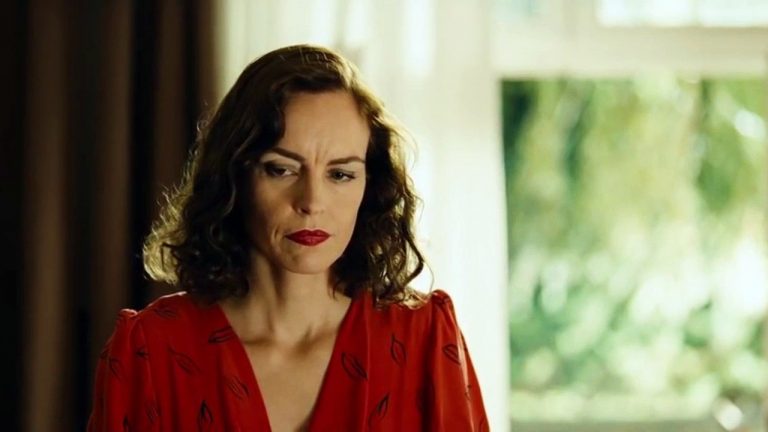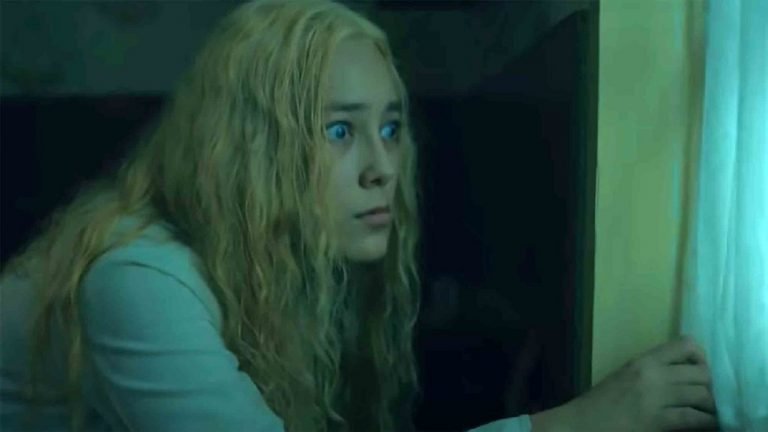I had started watching “Chithha” without knowing what to expect. I had some ideas about S. Arun, the director’s previous work. But this one did not involve Vijay Sethupathy and had Siddharth, and it seemed like a story with much lurking inside it. So, I gave it a go without much thinking. Well, saying that the film exceeded all expectations would be an understatement.
“Chithha” is a story about child sexual abuse. But it is also a story about resilience, an uncle’s love for his niece, and a story about a victim and her identity. One point that the film makes very sternly is that for an abuse survivor, abuse cannot be their only identity. It shows through the two different females who survived sexual abuse, one a woman and the other one a mere child, how important it is to see the victims beyond their history of abuse. “Chithha” shows that if you want your loved one to heal who has gone through sexual assault, the least you can do is not make their whole life about it. You must treat them with empathy but not sympathy for what happened to them.
Watching “Chithha,” “Gargi,” another film dealing with the same subject but in a very different way, might come to mind. “Gargi” showed that even when you have known someone all your life, that person might withhold something darker deep inside; that someone who saved you from abuse in your childhood can also be an abuser at a later point. Here also, when Eshu, played by Siddarth, is accused of something as heinous as child sexual abuse, it all becomes a matter of perspective.
How we see the character of Eesu and whether we think he is capable of doing what he has been accused of form a significant part of the story. Moreover, “Chithha” is similar to “Gargi” in its muted treatment of such an explosive theme. Both films make their points clear but never become voyeuristic for once. A lot of the depiction of the abuse of the involved children is left to the viewers’ imagination, and that makes the impact land even harder.
Besides explicitly talking about child abuse, “Chithha” also provides a constant commentary on how men and women respond differently to abuse. The gender perspective becomes very apparent in most of the scenes involving Eesu and Shakthi (Nimisha Sajayan) whenever they talk about sexual abuse. Both of these characters belong to the same place where crimes against women have become rampant, and yet their understanding of these crimes remains vastly different. Eesu believes in a quick fix that consists of violence. But Sakthi, being on the receiving end of the abuse, knows that a quick fix can never solve the problem. When she confronts an angry Eesu who is hell-bent on revenge, her monologue is something that probably every woman who watched the film would resonate with.
The whole scene, written so beautifully, perfectly captures how men, in most cases, react when they find out the abuse that has happened to a woman they deeply care about. Their go-to solution is harming that particular abuser. But women who know that abusers are lurking in almost every corner of their lives look at the whole experience in a completely different light. This stark difference in thinking simply because of the different genders has been highlighted throughout the film, and in this scene and the other one where Shakthi talks about her own history of abuse, it peaks.
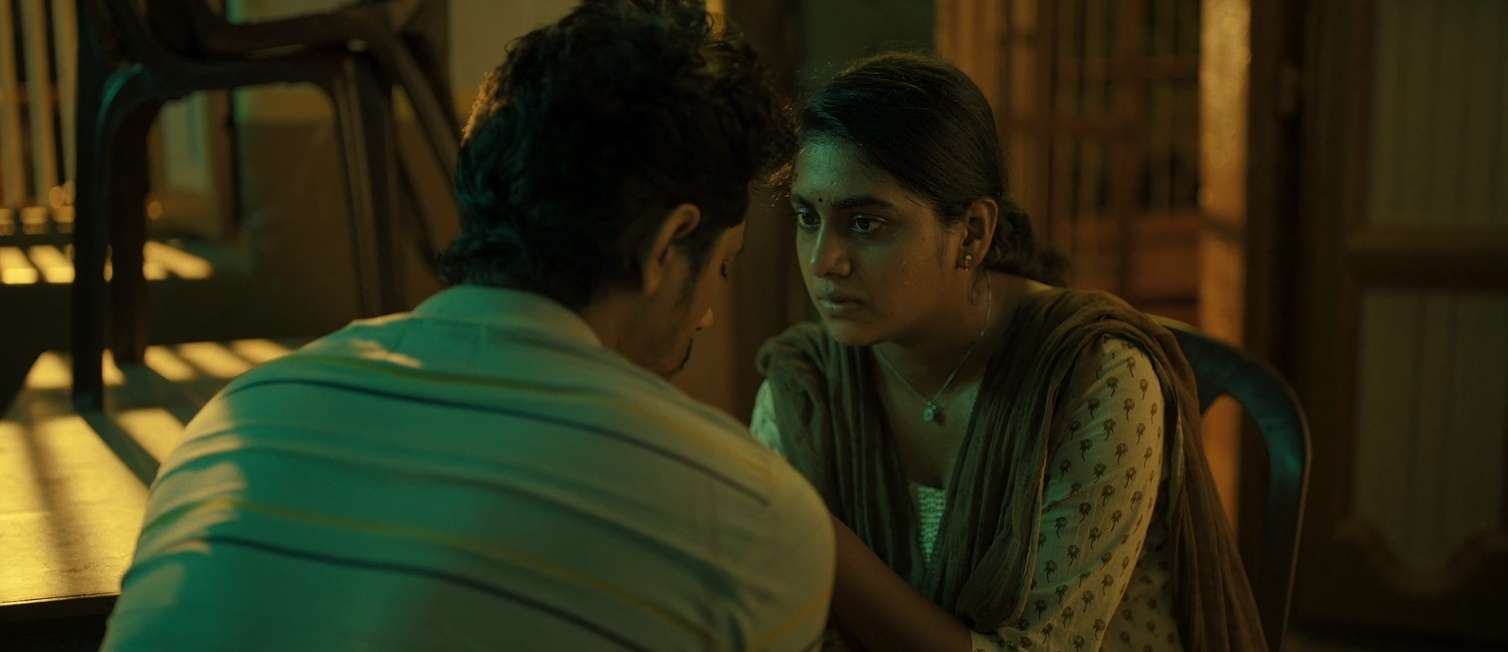
Another thing that the film does point out is how we often end up making the whole incident of abuse about ourselves instead of the victim. Here, Eesu, once he gets to know who the abuser is or at least thinks he knows the abuser, goes into a frenzy to kill him. But he wants to do so because he feels that will bring him some peace of mind. After all, he thinks that killing the abuser will help him justify his role as an uncle to Sundari, played by the brilliant Sahasra Shree.
Eesu feels that since he failed to protect her despite loving her all his life, he must do this deed, and then only he can rest. The audience can see how this gradually becomes more about him and less about Sundari’s well-being. However, when Eesu finally realizes that the only thing he needs to do to ensure Sundari’s healing is to be there by her side, he comes out of that mad desire for revenge. At that point, the film again becomes about Sundari and not Eesu.
The film, with Balaji Subramanyam’s cinematography, becomes haunting yet not crude. For a movie that talks about child sexual abuse, there is not one scene where it feels sensationalized. Everything is conveyed through images that are subtle and yet filled with the nightmares that unfold throughout the film. For the times when the images become a bit too much, what needs to be conveyed is done so via dialogue. We are given access to the list of things that the pedophile who had kidnapped Sundari buys, and we come to know that one of the items on his list is Vaseline, along with the food Sundari likes to eat. That scene is powerful; with so little graphic image, it is bound to make the audience shudder at the things that are very likely to happen.
“Chithha” becomes a thriller from the time the issues of sexual abuse come to the forefront. As a thriller, the film keeps its hold over the pace while never taking its eyes off the main issue. Everything here is shown as how they are, including the workings of the police. No matter how gruesome these issues are, the police treat them with so much reluctance that it feels absurd. But then again, the job of the police has a lot of absurdity in it, and to them, things like this become regular occurrences after a point. They are shown to work like machines, probably the only way the police can operate in such circumstances.
The actors here have all done a brilliant job. Siddharth as Eesu and Nimisha Sajayan as Sakthi are perfect in their roles. Their love story might feel like happening for the need of a romantic track in the beginning, but by the time the film ends, the purpose of their story becomes clear. Anjali Nair as Sunadri’s mother and Eesu’s sister-in-law, is equally brilliant. The scene where she asks Sundari to sleep with her and not with Eshu following Eesu’s accusation of abusing Ponni, Sundari’s friend, is one of the many scenes of the film where she stands out. And the two children, Sundari and Ponni, played by Sahasra Shree and S. Aafiyah Tasneem, are brilliant in their roles. Portraying such complex characters who had to endure so much at such a tender age is not easy, and these two kids have given outstanding performances.
The film’s music by Vishal Chandrashekhar works perfectly. It intensifies the scenes when necessary and adds a feeling of tragedy where the nightmares unfold. With every little aspect of it almost on point, “Chithha” is one of those rare films that gets almost everything right. Watching it might prove to be triggering and take a toll, but it’s an important film that needs to be watched and understood. It takes some time to establish the characters, but once you comprehend the characters’ tough predicament, this film will completely engulf you.

